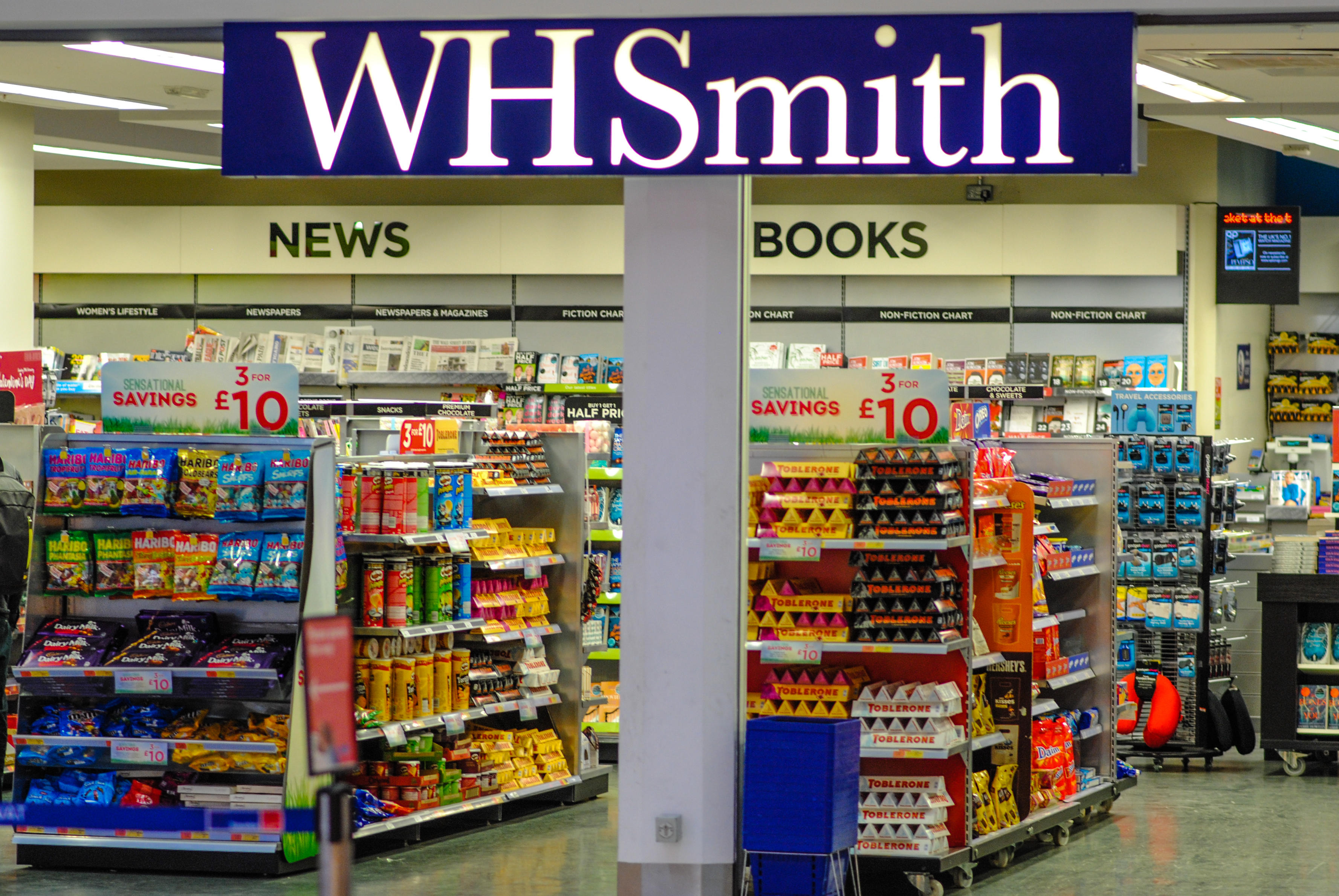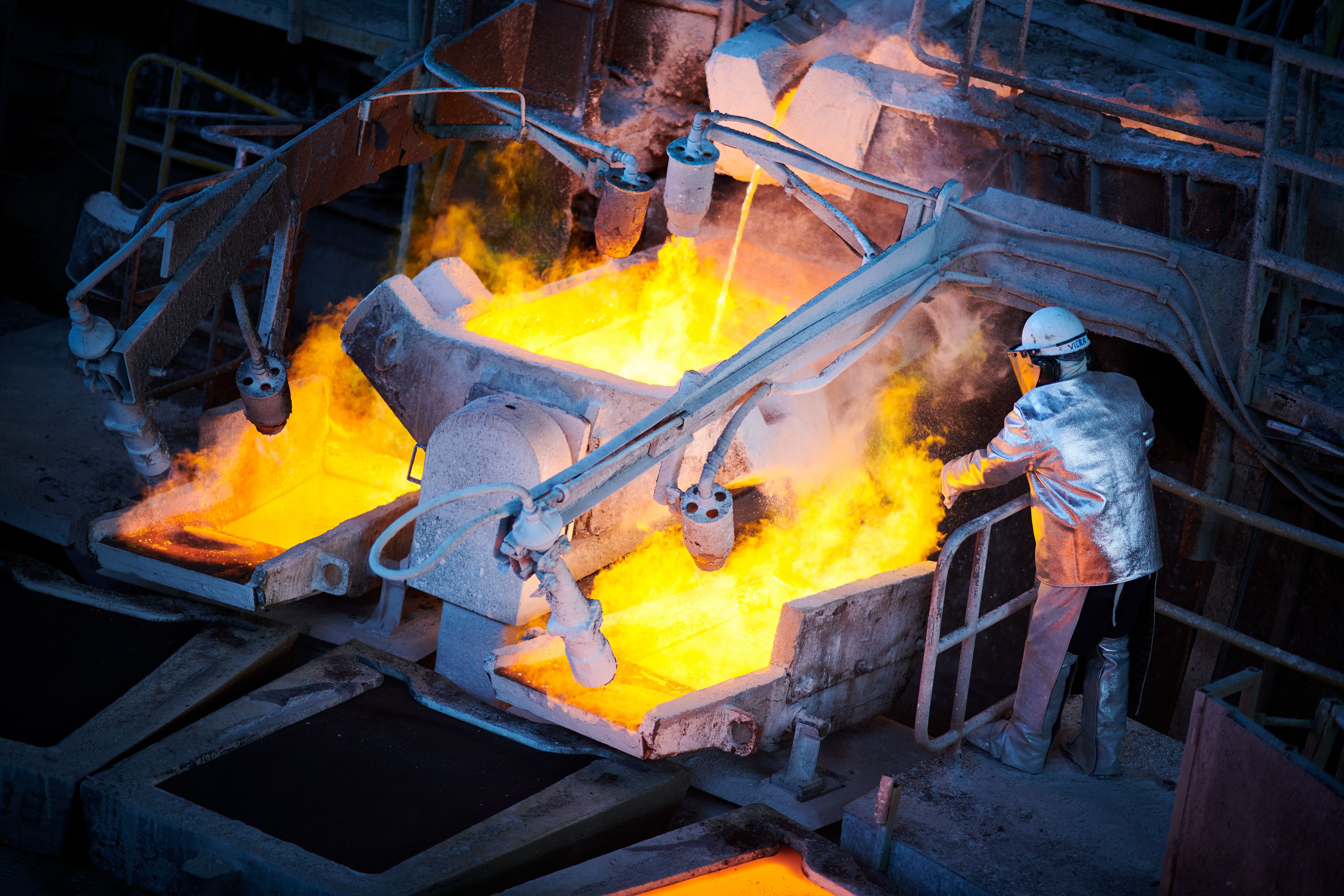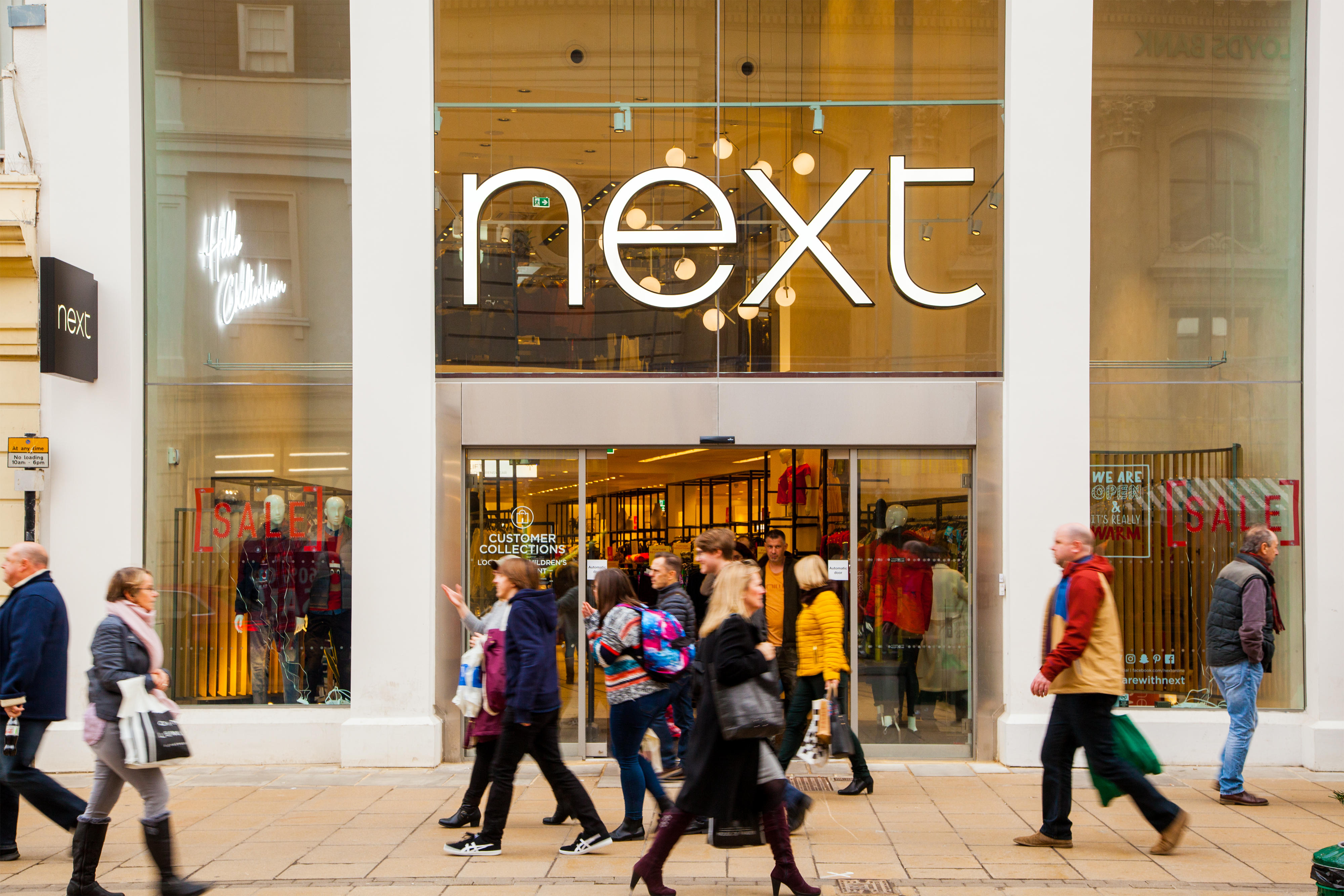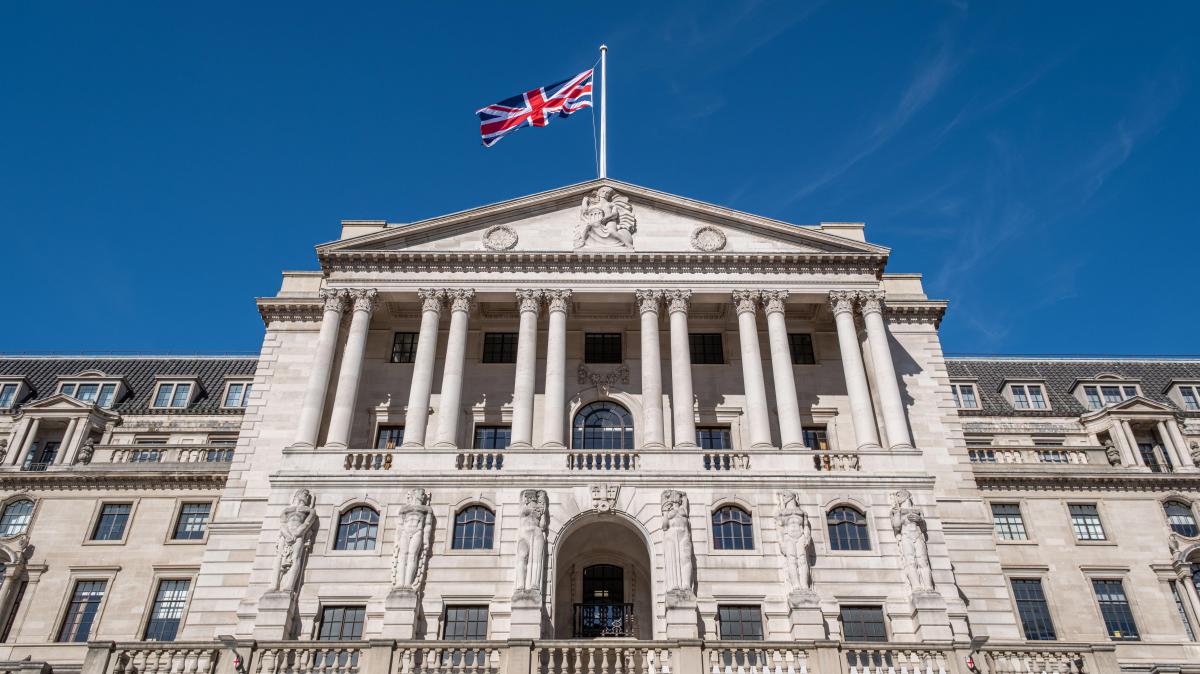Adidas has raised its full-year outlook after reporting record third-quarter revenues and stronger profits.
“Q3 was the best quarter in our history … despite volatile markets and US tariff pressures,” Bjorn Gulden, the chief executive, said.
The sportswear company said sales rose 12 per cent to a record €6.6 billion, although Adidas shares fell 3.7 per cent to €177.60 on concerns about a 5 per cent fall in sales in North America in the third quarter. Net income gained 1.9 per cent to €485 million, held back slightly by high inflation in some countries.
Adidas now expects revenues to grow by 9 per cent in 2025, up from a “high-single-digit” forecast, and raised its operating profit target to about €2 billion from €1.7–€1.8 billion.
Running and football drove growth, while lifestyle lines like Originals and Sportswear also posted double-digit gains. The company said it was turning its focus to 2026, when it expected to benefit from the Winter Olympics and the Fifa World Cup.
Goldman forecasts rate cut to 3.75%
Goldman Sachs has changed in mind about UK monetary policy and now expects a quarter-point interest rate cut next week to 3.75 per cent after a sharp deterioration in economic data since September.
In a note to clients, Goldman economists wrote: “Key indicators have turned out significantly weaker since the September meeting. We believe the data makes a convincing case for a cut next week.”
Inflation, wage and growth data have all undershot the Bank of England’s forecasts. It pointed to services inflation running 0.35 percentage points below forecasts, softening wage growth, unemployment edging higher and weaker economic growth, with third-quarter GDP tracking 0.2 points below expectations.
Goldman expects the monetary policy committee (MPC) to retain cautious language, signalling that future rate cuts will remain “gradual and careful” and dependent on continued disinflation. It forecasts interest rates falling in quarterly steps to 3 per cent by 2026, with the easing cycle now seen ending in July rather than next November.
The bank expects a close MPC vote of 5–4 to lower rates given headline inflation remains elevated at 3.8 per cent. It expects Bank governor Andrew Bailey to join the doves.
Oil demand fuelled by AI and conflict
Rising demand for oil from artificial intelligence to geopolitical tensions means global demand for fossil fuels will not peak until 2032, two years later than thought, according to the consultancy Wood Mackenzie.
Wood McKenzie’s energy transition outlook report blamed continued use of oil for transport and petrochemicals. It said rising dependence on oil has led to 2050 net zero goals becoming unattainable.
“The global push to tackle climate change has slowed,” Simon Flowers, chief analyst at Wood Mackenzie said. “Ten years on from the Paris Agreement no major G7 country appears on track to meet their 2030 emissions reduction targets.” Only the EU and the UK are on track to come close to achieving their 2030 emissions reductions goals, it said.
The analysis shows that AI data centres account for a relatively small proportion of the overall increase in power demand in the coming decades. Prakash Sharma, vice president and head of scenarios at Wood Mackenzie, said it was “not blaming AI for net zero failure” but that data centre demand was making the goals harder to achieve.
The report comes ahead of the Cop30 meeting in Brazil next month, where countries are due to present updated national climate commitments and assess progress on renewable energy targets.
FTSE 100 rises to new high on ‘no AI bubble’ hopes
London’s leading share index has risen to a new high, boosted by fresh optimism over artificial intelligence, expectations of a Federal Reserve interest rate cut and corporate results.
The FTSE 100 rose 35 points, or 0.37 per cent, to 9,731.95. If it ends the day at this level, it will be the fifth session in a row that the index has closed at a high.
Sentiment was boosted by Nvidia boss Jensen Huang, who shrugged off bubble fears as he announced $500 billion in bookings for its AI chips. Meanwhile, Microsoft joined Nvidia in the $4 trillion market value club after OpenAI restructured into a for-profit company, giving the software giant a 27 per cent stake in the ChatGPT maker.
Wall Street indices closed at record highs. The S&P 5.00 had its 36th record close of the year, the Nasdaq hit a 35th new high, and the Dow Jones had its 15th record close of 2025. In Asia, Japan’s Nikkei jumped 2.17 per cent to a new high of 51,307.65. South Korea’s Kospi also rose to a new high, helped by strong earnings and a bullish outlook from SK Hynix, a supplier of advanced memory chips to Nvidia.
In London, gold miners Endeavour and Fresnillo were the biggest risers after the bullion price rallied to trade above $4,000. GSK gained after it upgraded its full-year sales forecast after double-digit growth in the third quarter.
The luxury goods company Burberry was the biggest faller.
WH Smith postpones results until December
The retailer, which has sold its high street shops to focus on travel outlets, has delayed publication of its results until December 16 to allow Deloitte to complete an independent review of the accounts of the North American business and auditors PWC to complete its audit.
WH Smith warned shareholders in August that it had overstated trading profit in its US business and that full-year profits would be £30 million lower than forecast. The retailer appointed Deloitte to conduct an independent review.
Glencore copper production rises 36 per cent
The FTSE 100 miner and commodities trader has reported strong third-quarter production, particularly in copper, as it reaffirmed its guidance for key commodities.
Glencore boss Gary Nagle said: “Copper production volumes increased 36 per cent quarter on quarter … zinc volumes [in the] year to date are tracking up 10 per cent period-on-period, while steelmaking and energy coal volumes are on track for full year outcomes towards the middle and upper ends of their respective earlier guidance ranges”.
Santander UK delays results over car loan mis-selling
PAUL ELLIS/AFP/GETTY IMAGES
Santander UK has decided not to publish its third-quarter results, which had been due today, pending greater clarity regarding the US regulator’s proposals for compensation for the motor finance scandal.
The group said it was still reviewing the implications of the Financial Conduct Authority’s proposed redress scheme for itself and the wider industry, adding it believed there was “uncertainty regarding the final scope, methodology and timing of any redress scheme that may ultimately be implemented”.
Mike Regnier, the Santander UK chief executive, called on the government to intervene. He said: “We believe that the level of concern in the industry and market is such that material changes to the proposed FCA redress scheme should be an active consideration for the UK government.”
Its parent company, Santander, which is the eurozone’s largest bank, has reported third quarter net profit of €3.5 billion, up 7.8 per cent from the €3.25 billion reported for the same period last year and ahead of analysts expectations for profit of €3.39 billion.
Aston Martin losses widen
Aston Martin has reported wider third-quarter losses due to softer demand, supply chain disruptions, and new tariff policies.
The luxury carmaker reported a pre-tax loss of £111.9 million in the three months to the end of September, compared to a £12.2 million loss last year. Revenue dropped 27 per cent to £285.2 million. Wholesale volumes, the number of cars sold to its dealerships, fell 13 per cent to 1,430 vehicles, compared to 1,641 last year.
Adrian Hallmark, the chief executive, said: “This year has been marked by significant macroeconomic headwinds, particularly the sustained impact of US tariffs and weak demand in China.
“Our core range of models, supported by recent new derivatives, has never been stronger. Valhalla, our first mid-engined plug-in hybrid, enhances this further, and in October we reached a pivotal moment in delivering the first of these landmark supercars. We expect to ramp up Valhalla deliveries during the fourth quarter.”
He said the planned delivery of around 500 Valhallas in 2026 is expected to bolster our profitability and cash flow for the year ahead.
Emma Walmsley bows out at GSK on a high
VIVIAN WAN/BLOOMBERG/GETTY IMAGES
Dame Emma Walmsley is bowing out as chief executive of GlaxoSmithKline on a positive note, with a significant upgrade to full-year profit and revenue forecasts.
The FTSE 100 drugs giants said it now expected turnover to grow between 6 per cent and 7 per cent in 2025, having previously guided that it would be towards the top end of a range of between 3 per cent and 5 per cent. It also upgraded core operating profit growth to between 9 per cent and 11 per cent, from 6 per cent and 8 per cent.
GSK reported that sales over the third quarter rose to a better-than-expected £8.5 billion, from £8.2 billion posted for the same period last year. The 18th consecutive quarter of sales growth was driven by its cancer and HIV drugs. City analysts had forecast revenue of £8.24 billion.
Total operating profit rose to £2.6 billion, from £189 million over the same period last year, when GSK took a charge of £1.8 billion to settle US litigation over allegations that Zantac, the heartburn drug, caused cancer.
The results are the final update before Walmsley steps down at the end of the year after almost nine years. She will be replaced by Luke Miels, the group’s chief commercial officer.
Next raises full-year profit guidance
The retailer, regarded as a bellwether for the high street, has raised its full-year profit guidance after reporting better-than-expected third-quarter sales, driven by stronger demand in the UK and overseas.
In the 13 weeks to October 25, full-price sales rose 10.5 per cent from a year earlier, £76 million ahead of the retailer’s forecast for a 4.5 per cent increase. UK sales gained 5.4 per cent, slightly slower than the 7.6 per cent growth in the first half, boosted by the hot weather, but beating guidance of 1.9 per cent. Overseas revenue rose 38.8 per cent, beating expectations of 19.4 per cent growth.
Next now expects fourth-quarter full-price sales to grow 7 per cent, up from its previous estimate of 4.5 per cent, adding another £36 million to its outlook. The company lifted its full-year profit-before-tax forecast by £30 million to £1.135 billion, underscoring resilient consumer demand despite broader economic pressures on UK retailers.
Trump expects South Korea trade deal soon
APEC2025KOREA/ZUMA/SHUTTERSTOCK
President Trump said today that a trade deal between the United States and South Korea would be finalised “very soon”.
Trump was in South Korea for the Asia-Pacific Economic Cooperation (Apec) summit, where he will talk with Lee Jae-myung, the South Korean president.
He will also talk to Xi Jinping, the Chinese president, who will be at the summit tomorrow. A framework US-China trade deal was agreed on Sunday, and the two leaders are expected to seal it.
Business leaders call for a four-day working week
Business and charity leaders have called on the government to establish a council to help transition the country to the “strategic advantage” of a four-day working week.
More than 100 senior executives have signed an open letter to the Department for Business and Trade in support of creating a Working Time Council, a permanent forum that would bring industry and government together to transition the UK toward a shorter working week.
Shorter working weeks, according to the letter, which was coordinated by the 4 Day Week Foundation, have already delivered “overwhelming” benefits for businesses across the country without affecting pay for workers.
The letter highlighted how organisations that have adopted shorter working weeks have reported productivity gains, improved staff wellbeing, stronger recruitment and retention.
• Read more: We don’t like you working a four-day week, minister tells council
Asia get a boost from Nvidia and Microsoft
KAZUHIRO NOGI/AFP VIA GETTY IMAGES
Asian shares got a boost from Wall Street today on fresh optimism over artificial intelligence, expectations of a Federal Reserve interest rate cut and forecasts of strong results from technology heavyweights later.
Wall Street closed at record highs after upbeat news from Nvidia boss Jensen Huang, who shrugged off bubble fears as he announced $500 billion in bookings for its AI chips. Meanwhile, Microsoft reached a deal allowing OpenAI to restructure into a for-profit company, giving the software giant a 27 per cent stake in the ChatGPT maker.
That helped propel shares in Asia, with MSCI’s broadest index of Asia-Pacific shares outside Japan rising 0.53 per cent. Japan’s Nikkei jumped more than 2 per cent to a new high. South Korea’s Kospi also rose to a new high, helped by strong earnings and a bullish outlook from SK Hynix, a supplier of advanced memory chips to Nvidia. China’s SSE Composite was up 0.35 per cent.
Microsoft, Alphabet and Meta are due to report earnings later.
